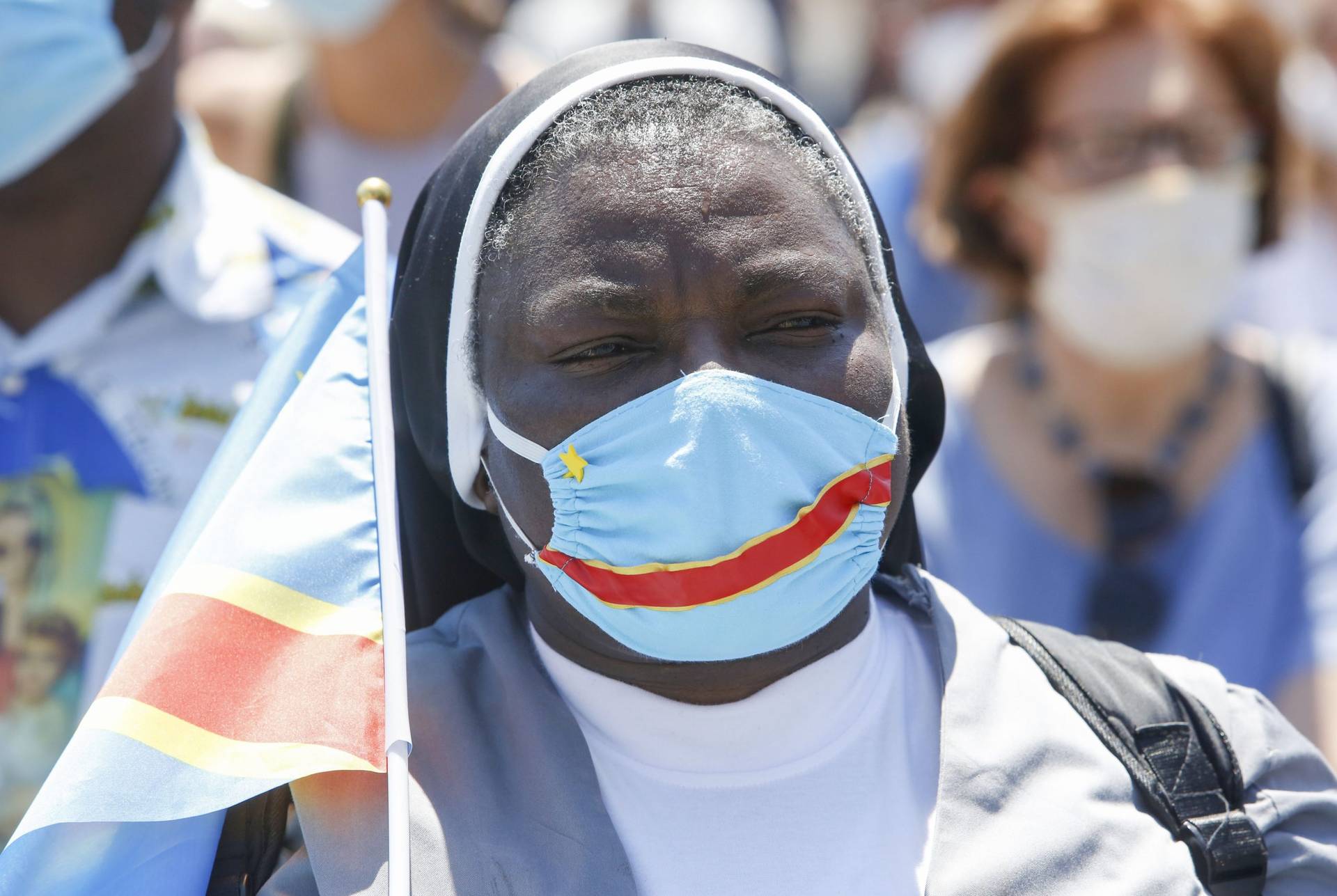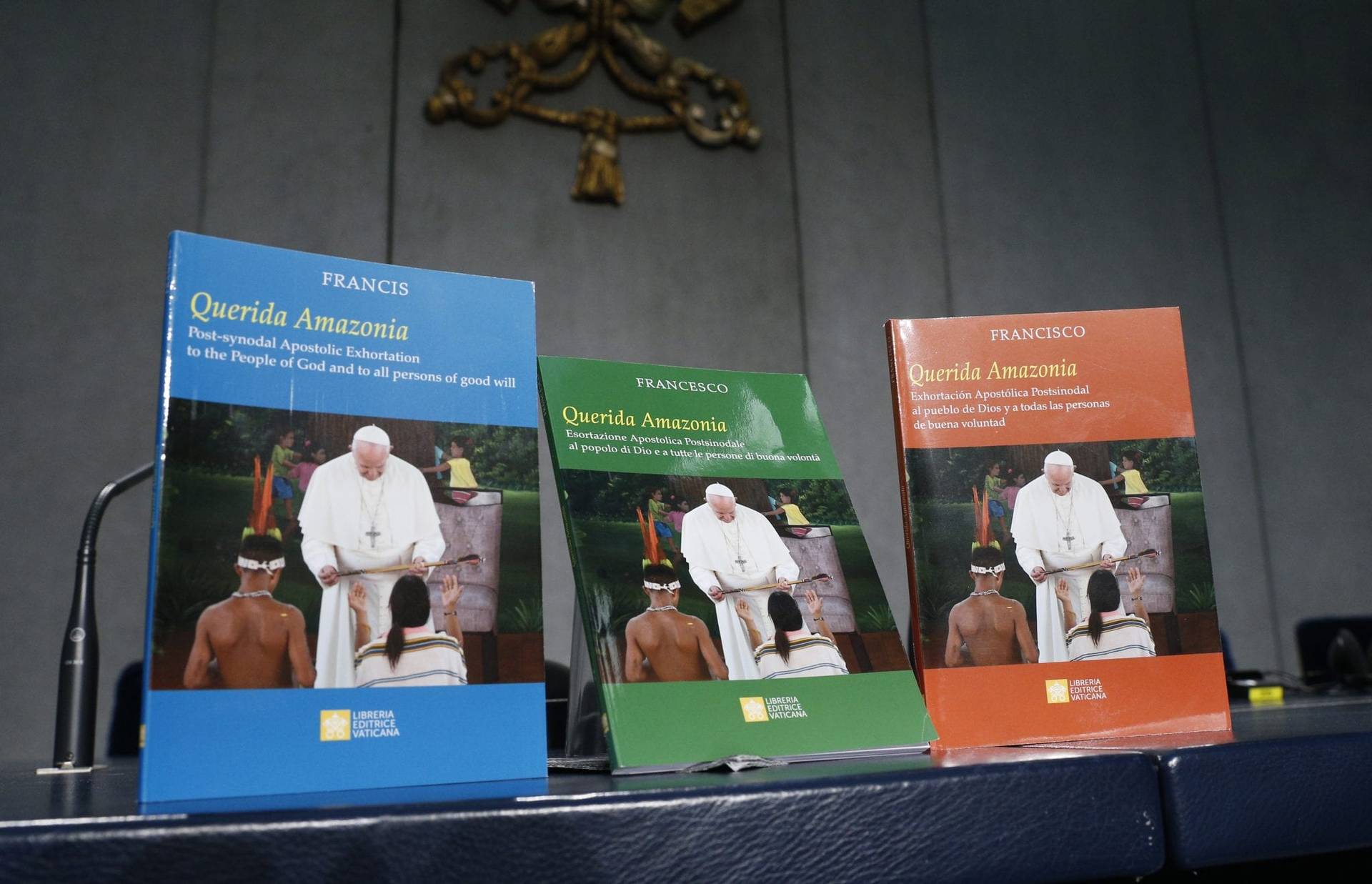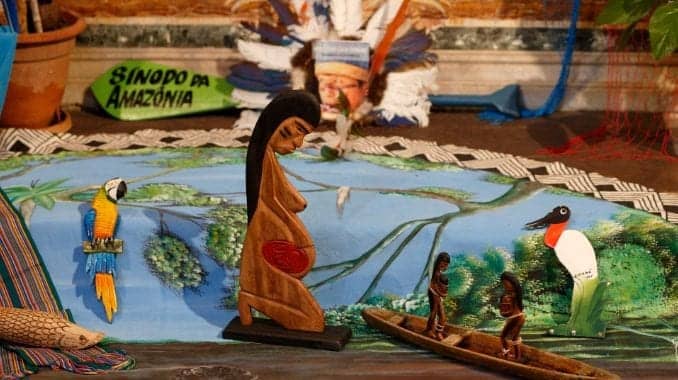ROME – Signaling a topic likely to surface during next month’s Synod of Bishops on the Amazon convened by Pope Francis, a human rights group has released a new report asserting that criminal gangs often are behind the destruction of the rainforest, menacing and even killing police, government officials and activists who try to stop them.
“Illegal deforestation in the Brazilian Amazon is driven largely by criminal networks that have the logistical capacity to coordinate large-scale extraction, processing, and sale of timber, while deploying armed men to protect their interests,” the report states.
“Some environmental enforcement officials call these groups “ipê mafias,” referring to the ipê tree whose wood is among the most valuable and sought-after by loggers,” it says. “Yet these loggers’ quarry includes many other tree species — and their ultimate goal is often to clear the forest entirely to make room for cattle or crops.”
“The stakes of the showdown between the forest defenders and these criminal networks extend far beyond the Amazon, and even the borders of Brazil,” the report asserts.
“As the world’s largest tropical rainforest, the Amazon plays a vital role in mitigating climate change by absorbing and storing carbon dioxide,” it says. “When cut or burned down, the forest not only ceases to fulfill this function, but also releases back into the atmosphere the carbon dioxide it had previously stored.”
The Human Rights Watch report, titled “Rainforest Mafias,” draws on data collected by the Pastoral Land Commission, a non-profit group founded by progressive sectors of the Brazilian Catholic Church which has issued an annual report on human rights violations in rural sectors of the country since 1985.
According to the commission, more than 300 members of indigenous communities, other residents of the rainforest and environmental activists have been killed by forces involved in illegal deforestation.
Also according to the commission, the police and security response to violence in the Amazon has been sluggish, as only 14 of those 300 murders have ever gone to trial.
The Pastoral Land Commission arose out of the “base community” model in the Brazilian Church, founded in 1975 by progressive pastors wanting to challenge violence against the rural poor in the era of Brazil’s military government. Over the years it’s been controversial, with critics charging that it’s too political and excessively close to the Worker’s Party of former President Luiz Inácio Lula da Silva, currently serving a 12-year prison term on corruption charges.
The commission’s current president is the Belgian-born Bishop André de Witte, who’s led the Ruy Barbosa diocese in northeastern Brazil since 1994.
The author of the Human Rights Watch report, Cesar Muñoz Acebes, argued the church-collected data demonstrates that the Amazon needs to be better policed.
“As long as you have this level of violence, lawlessness and impunity for the crimes committed by these criminal groups it will be impossible for Brazil to rein in deforestation,” he said. “These criminal networks will attack anyone who stands in their way.”
Follow John Allen on Twitter: @JohnLAllenJr
Crux is dedicated to smart, wired and independent reporting on the Vatican and worldwide Catholic Church. That kind of reporting doesn’t come cheap, and we need your support. You can help Crux by giving a small amount monthly, or with a onetime gift. Please remember, Crux is a for-profit organization, so contributions are not tax-deductible.

















